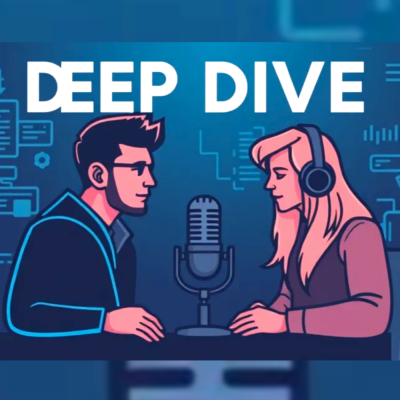
Self-hosting allows streamers to have complete control and ownership over their content, interface, and audience engagement.

The deep dive focuses on OwnCast, an open-source, self-hosted, decentralized live video streaming and chat server designed for individual streamers. It emphasizes control and ownership, allowing users to manage their content, branding, and audience relationships directly, contrasting this with traditional platforms like Twitch or YouTube. The self-hosted nature is highlighted as empowering, and while it may sound daunting, resources like a quick start guide make it accessible for users without extensive technical skills. OwnCast supports popular broadcasting software that uses RTMP, enabling streamers to maintain their existing setups. Built-in chat features promote community engagement, with options for custom emotes and chat bots. The decentralized aspect connects users to the Fediverse, allowing for greater discoverability across independent platforms like Mastodon. Technologically, OwnCast is backed by a community-driven open-source model, using Go for the backend and React for the frontend, promoting transparency and collaboration. Overall, OwnCast presents a path for creators seeking autonomy over their online presence, with the potential implications of this independence prompting deeper reflection on the future of content creation.
